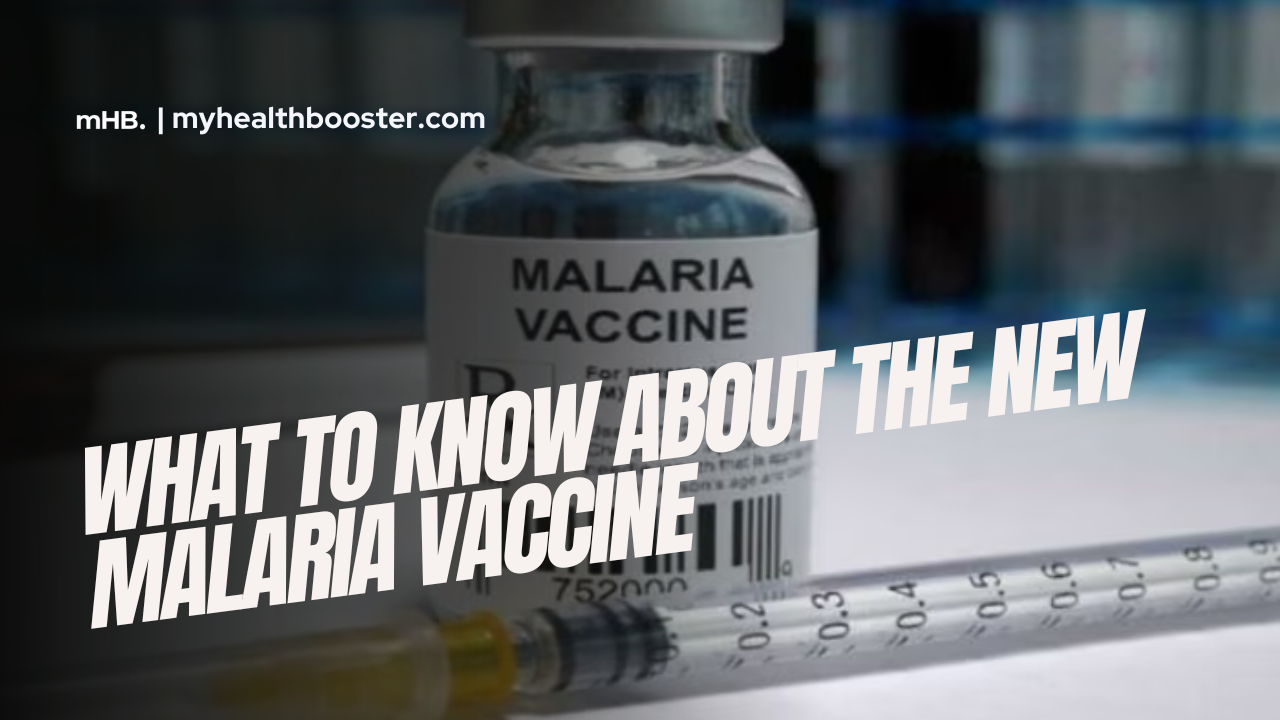The World Health Organization, WHO has approved and recommended a new malaria vaccine. According to the organization, the vaccine was developed by scientists and experts at the University of Oxford and it becomes the second ever vaccine to be approved for the prevention of malaria.
What is this malaria vaccine?
According to reports by WHO, this vaccine is named R21/Matrix-M and manufactured by the Serum Institute of India. The organization claims that this malaria vaccine is expected to be less costly to produce as compared to the previously approved one in 2021; RTS,S/AS01. Therefore it could mean that more people can get vaccinated at cheaper costs per dose.
Reports from the Indian Serum Institute has also indicated that “the efficacy of the vaccine over 12 months was 75% at sites with high seasonal malaria transmission and 68% at sites with more perennial transmission.”
Despite this malaria vaccine having one less dose compared to the original vaccine, it could still pose a challenge according to Dr. Jodie Dionne, Associate Professor of Medicine at the University of Alabama at Birmingham Division of Infectious Disease.
Getting access to the vaccine
The Serum Institute of India, has hinted that it has already established an operational production capacity to develop 100 million doses per year with further being able to create over 200 million doses per year in the next two years.
The institution also explained that public health officials will target populations most affected by malaria to help prevent severe disease and future outbreaks.
What is malaria?
Malaria is a parasitic infection in humans which is caused by the protozoan plasmodium. The protozoan is traditionally transmitted by infective mosquitoes found commonly in tropical environment.
Malaria illness can lead to mild symptoms such as fever, chills, and headaches while more serious symptoms are possible – which could include seizures, confusion, fatigue, difficulty breathing, and death.
